BNB’s 12% weekly surge: peaking or just getting started?

Can BNB break past $620? On-chain and derivatives metrics hint positvely.

BNB (BNB) saw a 12% increase in value over the seven days leading up to March 29, reaching a nearly two-week high of $620. This surge narrowed the valuation gap with its main competitor, Ether (ETH), which posted a 5% gain during the same timeframe. However, mixed signals from on-chain BNB Chain data suggest that the rally may have stretched too far.
Impact from spot Bitcoin ETF flows and DeFi momentum on BNB’s price
Market analysts note that the cryptocurrency market’s upward trend is closely linked to inflows into spot Bitcoin (BTC) exchange-traded funds (ETFs), which experienced a setback in the week ending March 23. For the first time since the introduction of spot ETFs in January, these financial instruments saw a net outflow of $890 million. On a positive note, recent figures indicate a significant decrease in outflows from Grayscale GBTC fund, with only $104 million leaving the fund on March 28.
In the first half of March, BNB’s price soared by 61.7%, but this momentum reversed after reaching a peak of $645, corresponding to a market capitalization of $96.4 billion. For context, BNB hit an all-time high valuation of $116 billion in November 2021. Interestingly, the total value locked (TVL) on BNB Chain, which represents the total deposits in the network’s smart contracts, was $15.7 billion at that peak but has since fallen to just $7.1 billion, a 55% reduction.
It’s important to recognize that the entire crypto market, particularly decentralized finance (DeFi), has contracted significantly since late 2021. Therefore, it’s somewhat unfair to single out the decline in BNB Chain’s TVL. For example, the total market data for all blockchains tracked by DefiLlama, which once reached nearly $205 billion, now stands at $155 billion, marking a 25% decrease.
Hence, a detailed examination of BNB Chain’s TVL, especially in comparison with direct competitors like Ethereum and Solana (SOL), is warranted. BNB Chain’s smart contract deposits have fallen to their lowest since March 2021, down 10% over two months, in stark contrast to Ethereum’s 8% TVL increase in ETH terms and Solana’s TVL, which jumped 29% since Jan. 28, as reported by DefiLlama.
BNB Chain’s activity looks promising
TVL should not be the sole indicator of a blockchain’s success. Many decentralized applications (DApps), including nonfungible token (NFT) marketplaces, games, decentralized bets, collectibles, and social networks, do not require substantial deposits. In the past week alone, nearly 2 million active addresses were engaging with DApps on the BNB Chain.
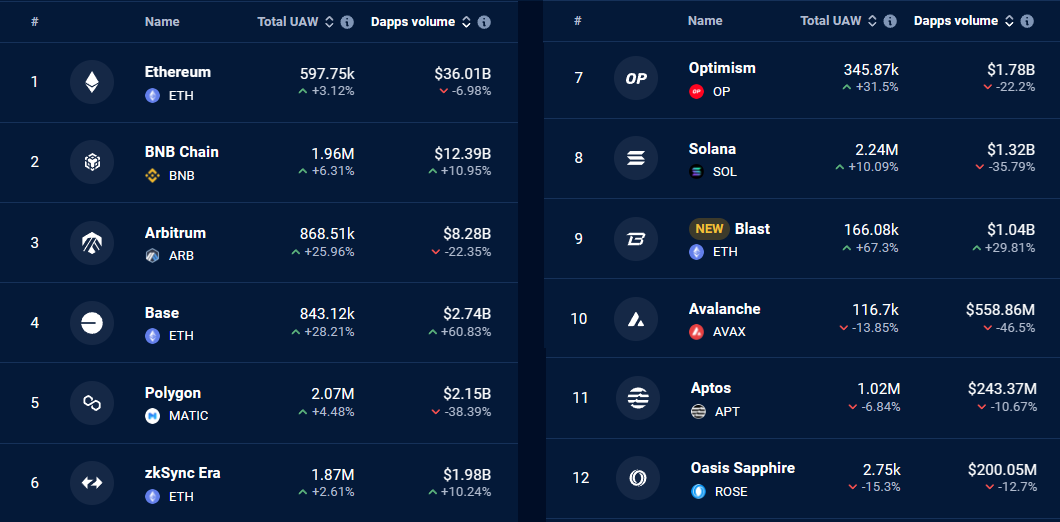
BNB Chain’s activity levels rival those of Ethereum’s most active layer-2 networks, boasting a comparable number of active addresses. Notably, despite Solana’s active addresses being 14% higher during the same timeframe, no blockchain other than Ethereum approaches the seven-day trading volume of BNB Chain, which stands at $12.4 billion. Moreover, while Solana and Ethereum saw their volumes decrease, BNB Chain’s trading volume experienced an 11% uptick.
Forecasting future trends in the cryptocurrency sector presents considerable challenges. A more reliable approach involves examining derivative metrics, such as the demand for leverage in BNB perpetual futures contracts, which serves as an indicator of market demand. A key metric to consider is the funding rate: a positive funding rate indicates a tendency among traders to apply leverage to their long positions.
Related: Bitcoin to attract $1T from institutions amid ‘raging bull market’ — Bitwise exec

The latest figures show that the demand for leveraged long positions has leveled off, with the 8-hour funding rate holding steady at around 0.03%, or about 0.6% weekly. Usually, when traders feel positive about the market, this rate can climb above 1.2% per week. So, despite BNB’s price struggle with the $620 level, market sentiment remains optimistic.
This article is for general information purposes and is not intended to be and should not be taken as legal or investment advice. The views, thoughts, and opinions expressed here are the author’s alone and do not necessarily reflect or represent the views and opinions of Cointelegraph.

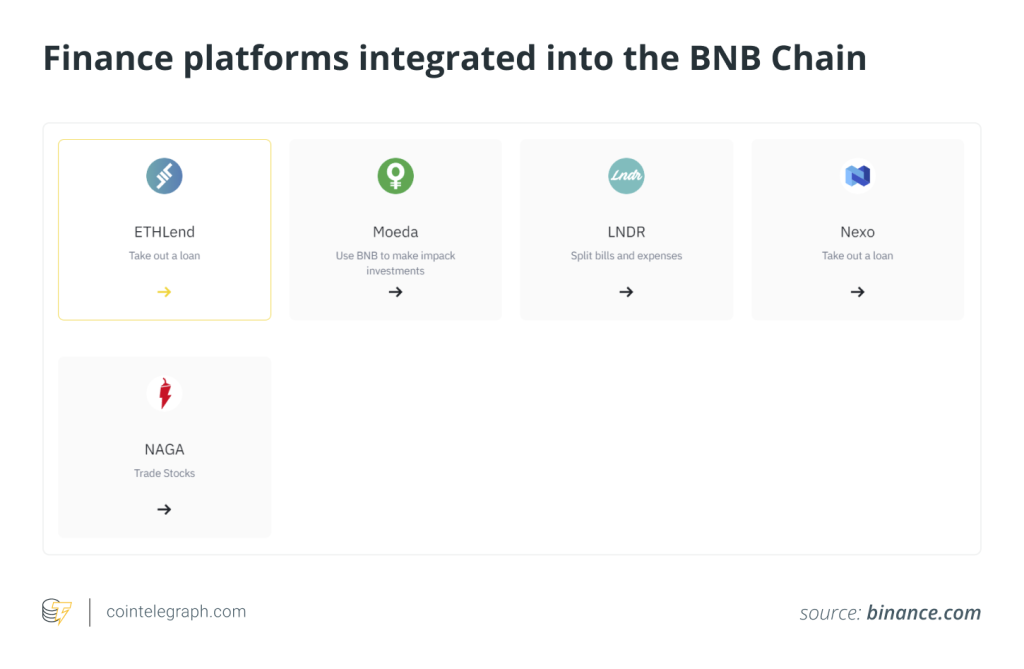
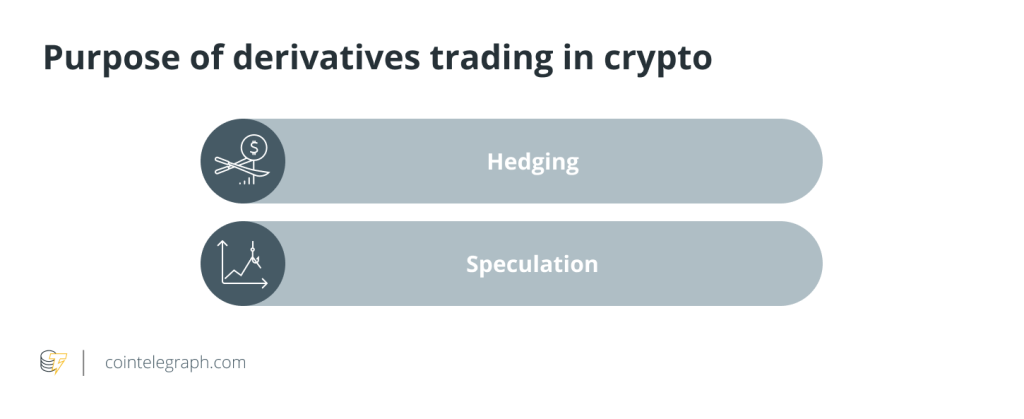
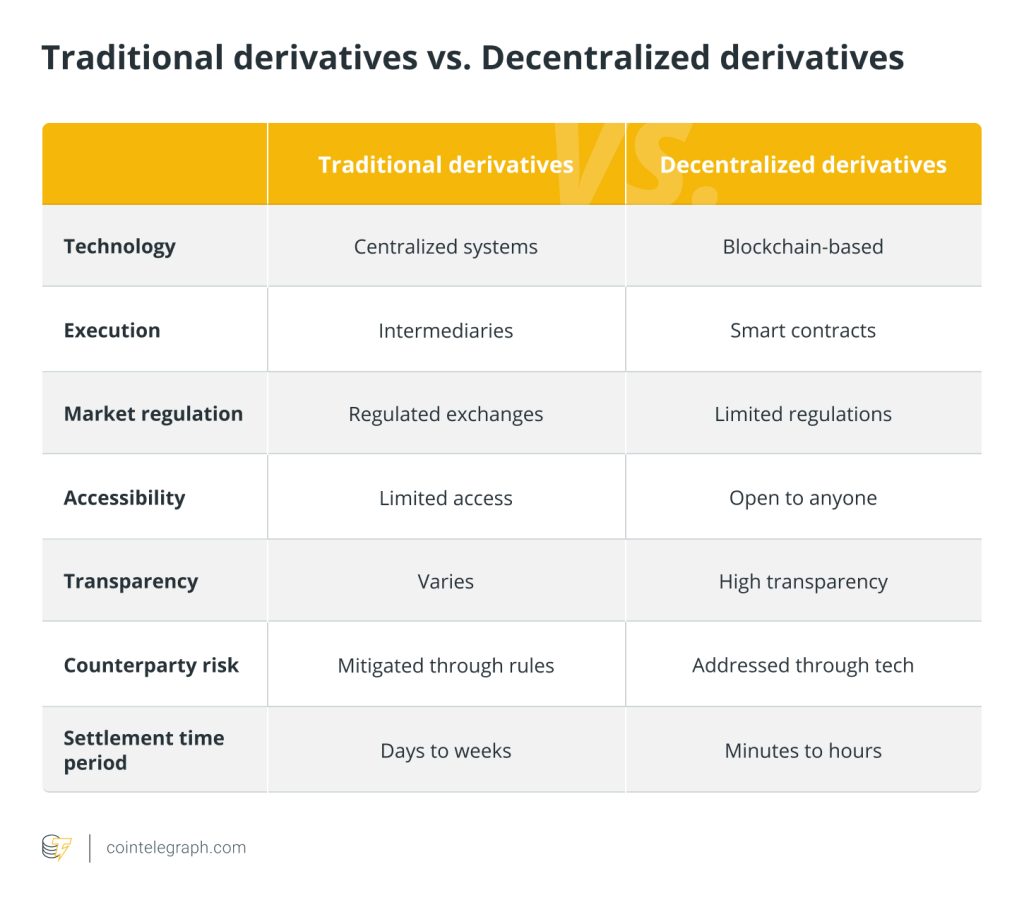

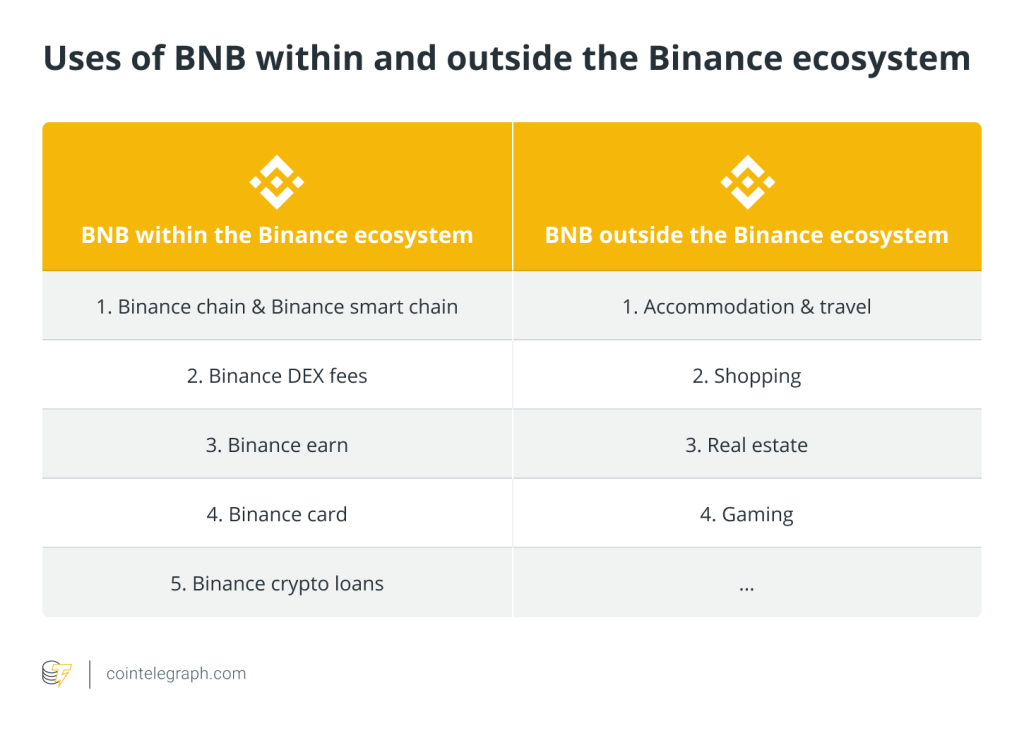
Responses